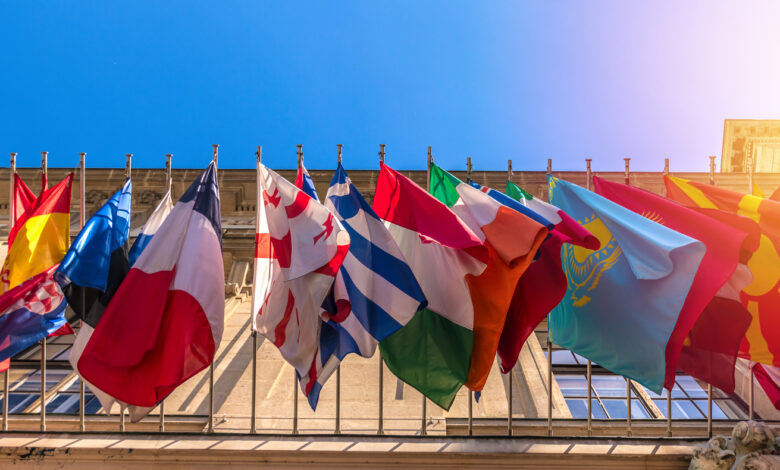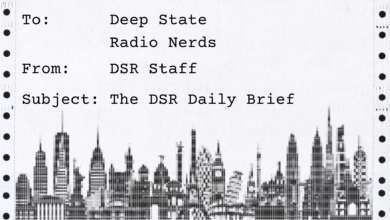The Damoclean Sword of Distrust that Hangs Over US Foreign Policy

On Friday afternoon, a senior state department official held a roundtable discussion with members of the press in which he was asked whether the events of January 6th and recent political upheaval in the United States come up regularly in discussions with foreign governments. He paused and said that when the subject does come up it is along the lines of “We appreciate your reengagement. We’re so happy to have you back at the table. But how long is this going to last? What will the next administration bring?”
This highlights one of the most grievous consequences not just of the attempted coup but of the erratic, extremist policies of the Trump years. There is now a Damoclean sword of distrust hanging over every conversation top U.S. officials have with their international counterparts. They may have, as President Biden and his team do, excellent relationships, some longstanding, with those counterparts. But, because what happens next in American politics is so uncertain they are not sure whether they can depend on a successor administration to honor the agreements of this one.
Trump did that. When he pulled, for example, out of the JCPOA—the nuclear deal with Iran—he effectively said, “America’s word is no good.” The senior official said on the call that decision ranks as “the most disastrous foreign policy decision in recent memory.” In that respect, he echoed comments by senior Israelis who, in recent weeks, despite their government’s role egging Trump on in his decision to pull out of the Iran deal, have come to view it as the most damaging policy action of the past decade with regards to Iran.
Pulling out of the Paris Accord, questioning the value of NATO, withdrawing from the World Health Organization, fighting with our allies and embracing our enemies all contributed to this erosion of trust during the Trump years. So too did the U.S. failing to lead during the global COVID crisis…and actually embracing an anti-science, anti-decency set of policies that sent a message to the world that the U.S. was out of the global leadership business.
The attacks on our democracy were Trump’s final most damaging blow to our standing. If the U.S. had stood for one thing since our inception was championing the idea of democracy. Often our version of democracy was profoundly flawed, but at least there was a notion that elections were to be honored and that we would constantly work to strengthen our democracy.
Trump did not care for or about democracy. Nor, as it has turned out, has an entire political party in the U.S. That’s bad for all of us at home and reason why (as we discussed on our Thursday podcast this week) we should be pleased that there is at least (in the words of Norm Ornstein on the pod) a “faint light at the end of the tunnel” when it comes to advancing voting rights legislation.
But even were such legislation to pass, because the last administration showed such little regard for the traditions of U.S. foreign policy or preserving our international standing or living up to the principles that underlie the international system that we helped to create, it will be a long time before allies or adversaries alike know what to believe about America and our word when we give it.
The current administration is doing what it can to reverse the damage done. But this is a job of work that will take several administrations to fix. We must demonstrate with our actions rather than our words that we are again dependable, that we mean what we say and that we stand for the rule-based international system that we have spent much of the past three-quarters of a century working to advance. If we fail to do that, regardless of our success or failures here at home, our influence worldwide will decline, our enemies will gain, and our allies will suffer. It is a job leaders of both parties must embrace with equal vigor just as foreign policy was once seen to be a realm in which the ideal of bipartisanship or at least respectful cooperation and discussion between the parties was seen as a goal to be pursued.
That sounds pretty radical in the context of today’s politics. Indeed, it may even sound naïve. But be that as it may, if we do not recognize the importance of such principles, we will be spending our futures in a much more dangerous world.

